Overleaf 模板库LaTeX 模板和示例 — Recent
探索 LaTeX 模板和示例,以帮助完成从撰写期刊文章到使用特定 LaTeX 包的所有工作。
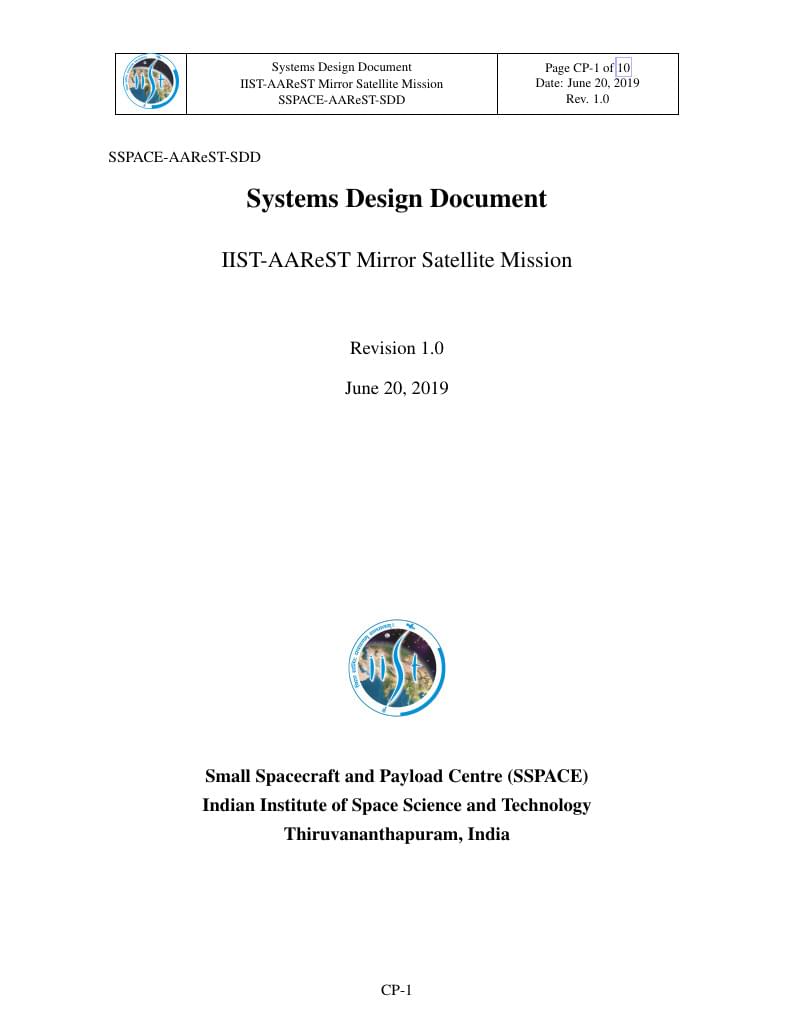
This is the template for technical report for IIST SSPACE

IB Template
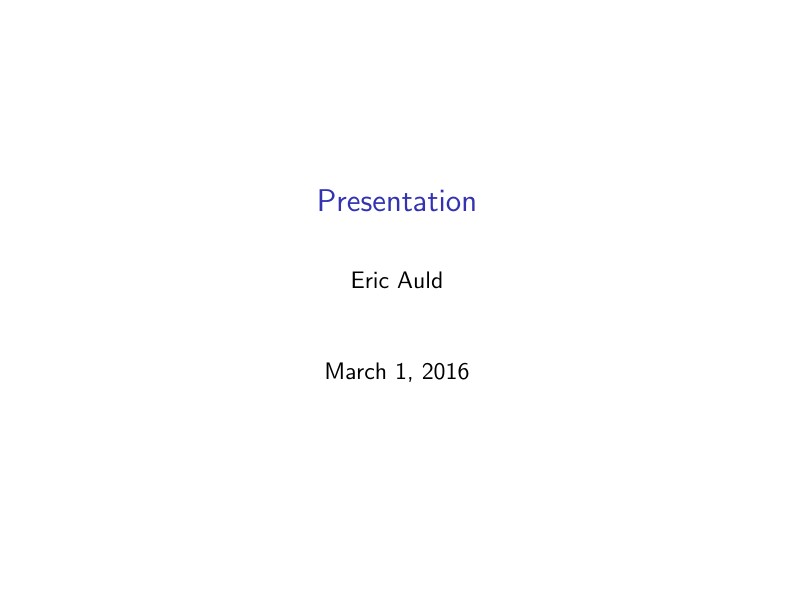
This is a very basic template for a presentation with Beamer.
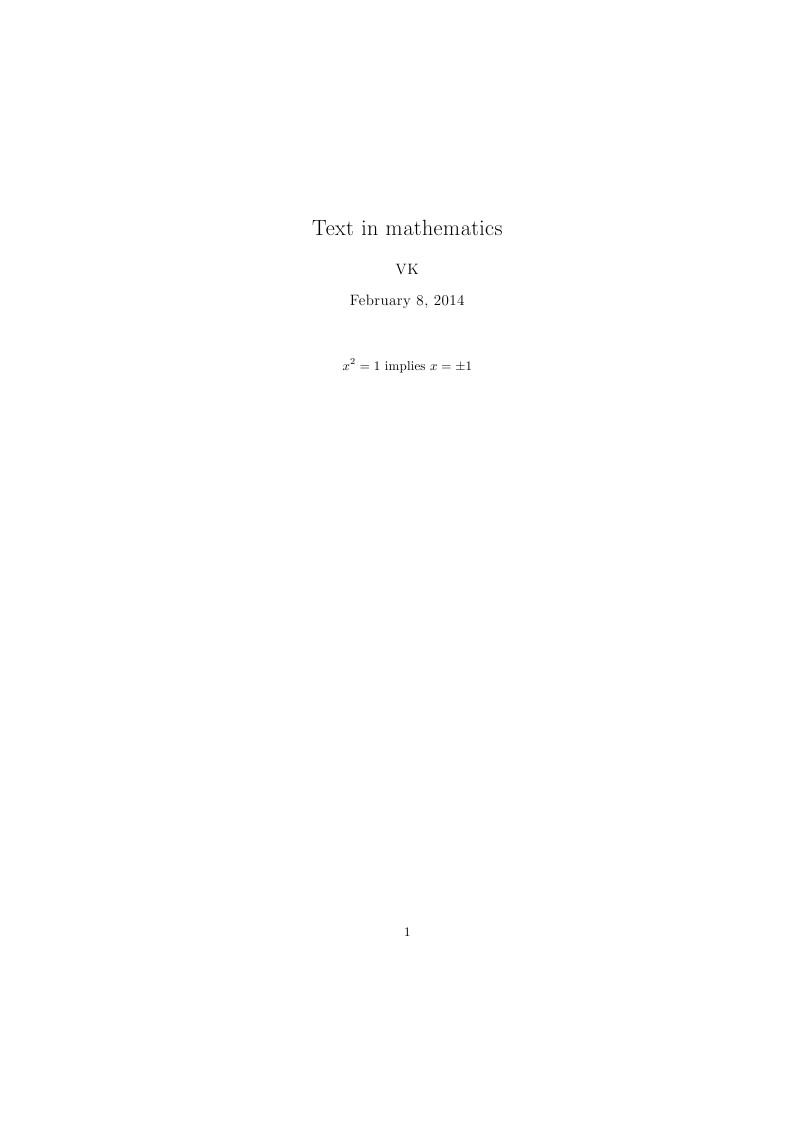
Text in mathematics
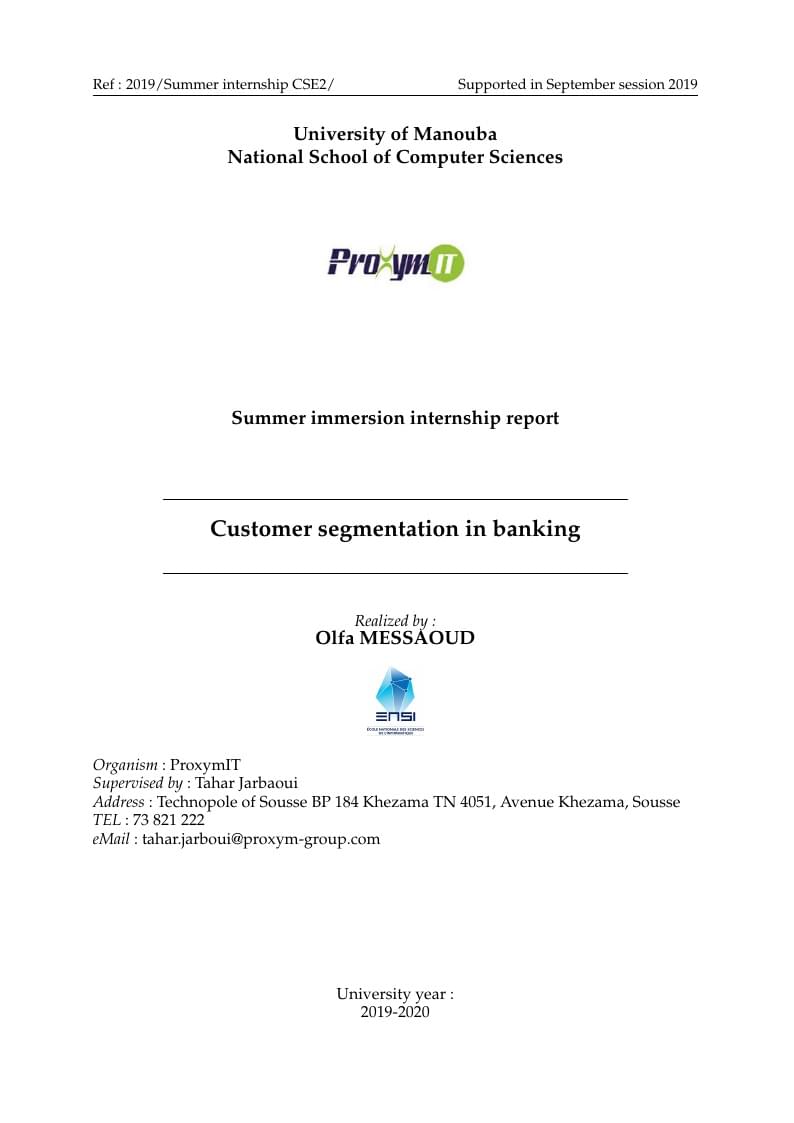
A report of summer internship in ProxymIT on customer segmentation in banking
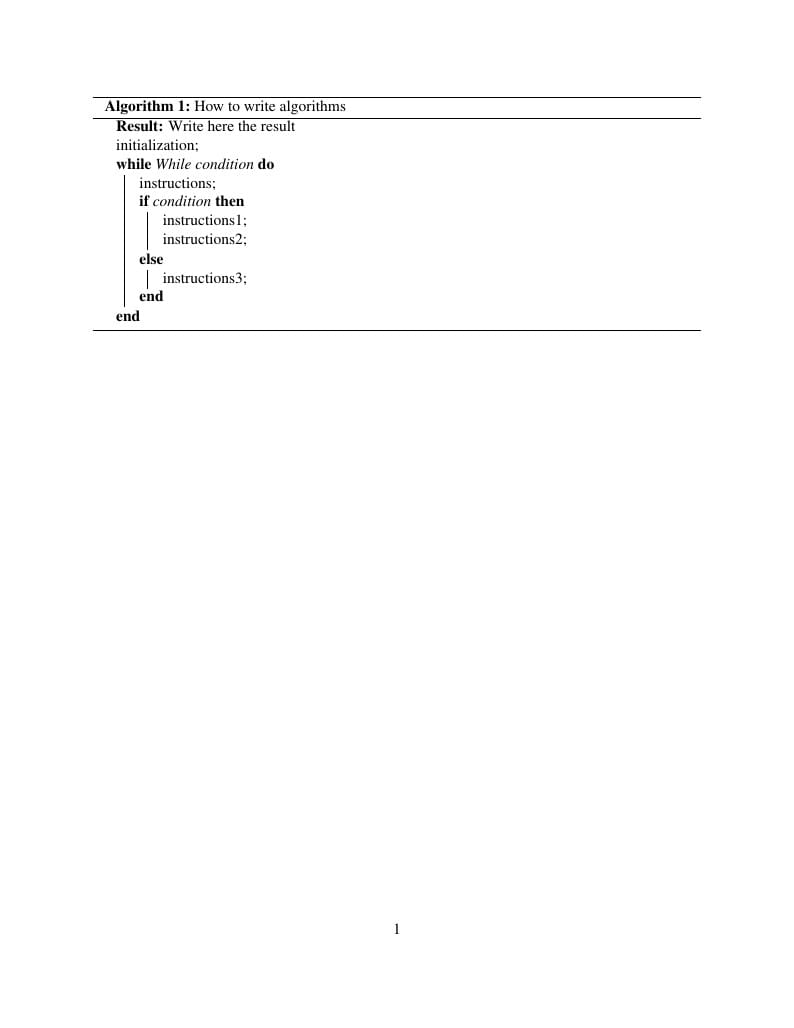
Converting pseudocode into algo format
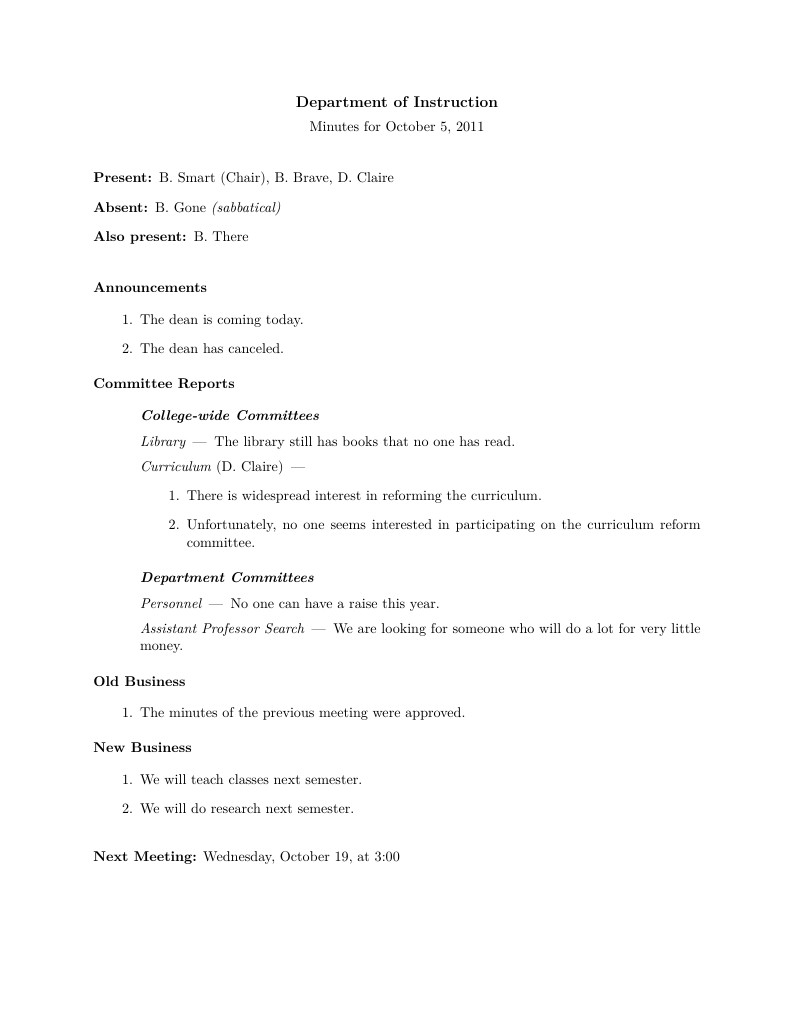
Using the meetingmins package - A LaTeX class for formatting minutes of meetings. Sample templates of the meeting agenda; the Chairperson's agenda; and the meeting minutes are included.
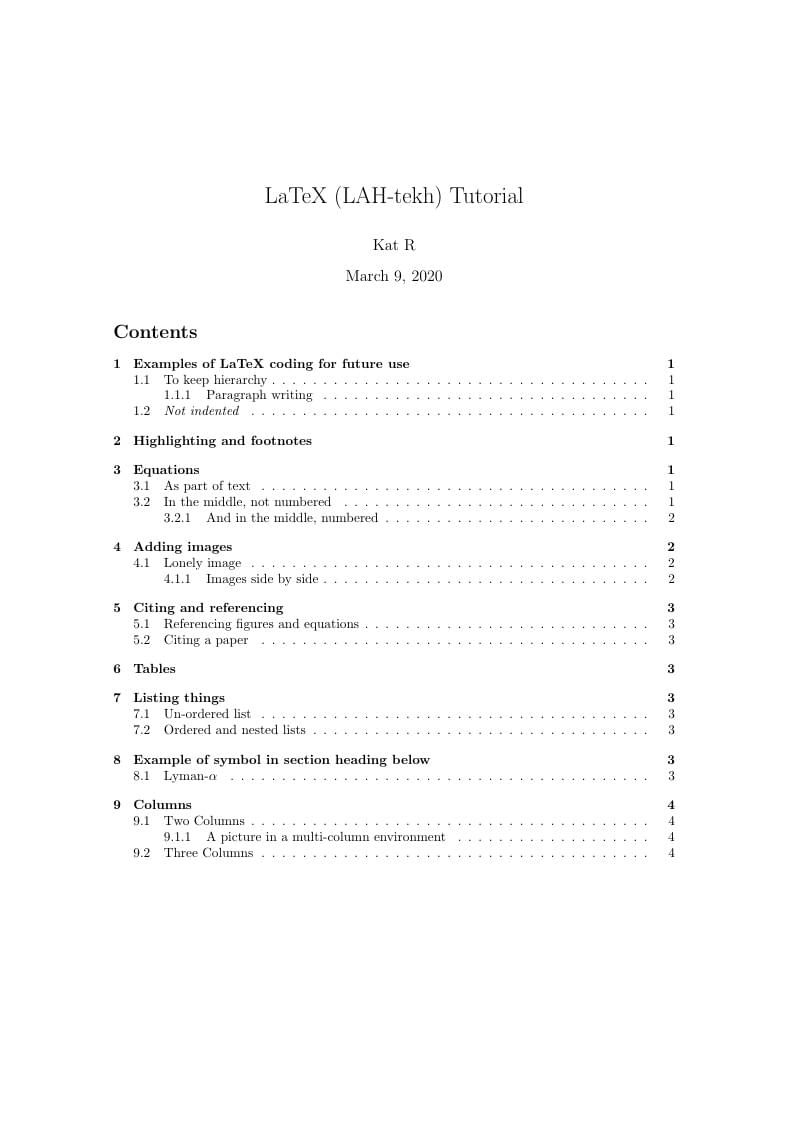
A run through the basic features to compliment the hands-on seminar. Suitable for a workshop/seminar or as a stand alone practice file, intending to get the audience up to speed and ready to venture out on their own. The tutorial template for this seminar can be found here.
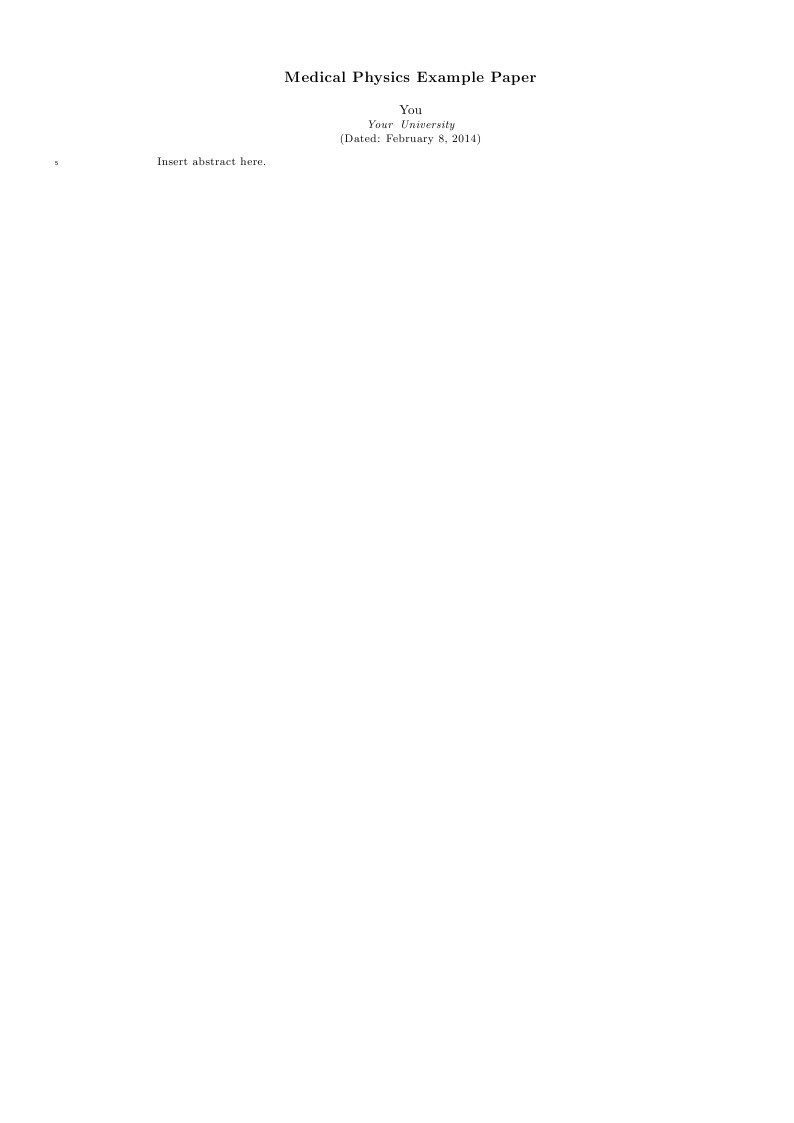
Medical Physics Example Paper